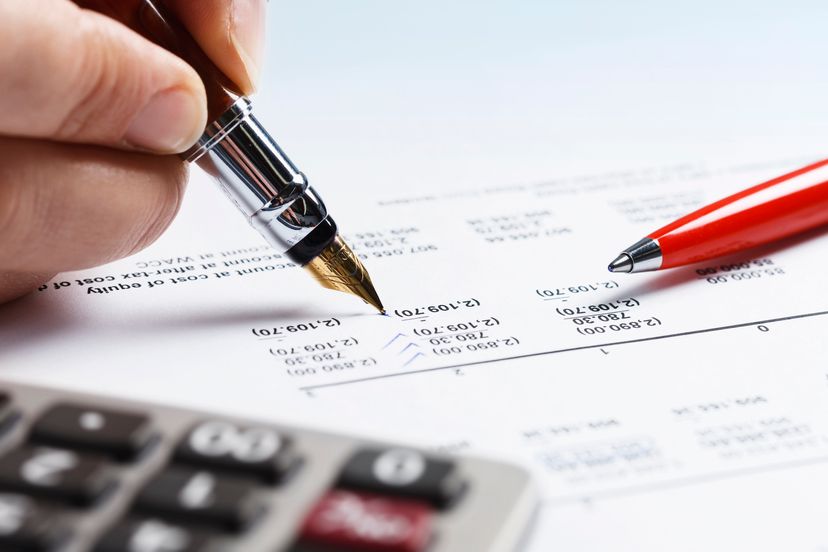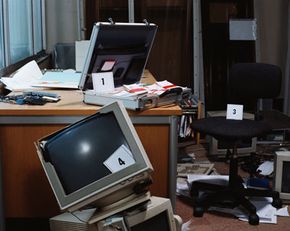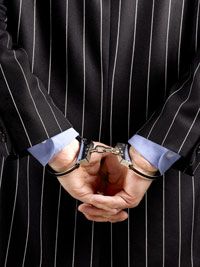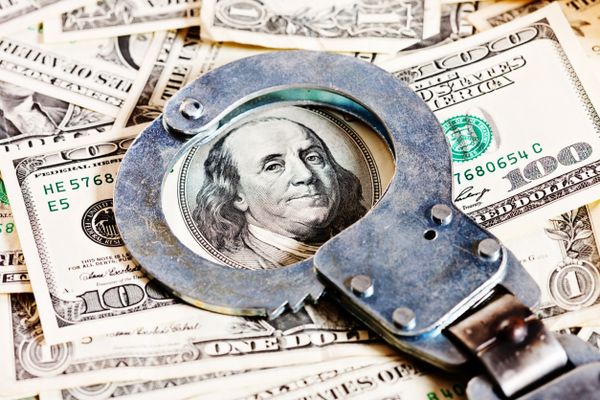Forensic accountants are more than just number crunchers who happen to work on criminal or civil disputes. They must conduct investigations, know how to use various computer programs and communicate well.
Some forensic accountants specialize in specific industries susceptible to fraud, such as insurance or banking, and learn the business practices associated with those fields.
Because the reputations of individuals and companies are at stake, forensic accountants must be very discreet when conducting their investigations. They must be independent and impartial, considering both the financial records and the conduct of employees.
Unlike other accountants, forensic accountants actively look for signs of fraud when they conduct audits. In addition to examining financial statements to determine whether they are accurate and complete, they may seek internal databases and court records. Because people committing fraud have hidden the evidence of their crimes, forensic accountants must look beyond the numbers and anticipate criminal actions.
Whether their assignments are criminal or civil, these accountants follow the same forensic accounting basics when conducting their investigations.
Financial Investigations
First, they meet with a government representative, attorney or other client to learn the specifics of the alleged fraud. Then, they begin their initial research and plan the logistics of the investigation. The next step is to search the records — bank statements, credit statements, journals, ledgers, databases, e-mails and memos — anything that will offer a bigger picture of the financial situation.
After gathering the records, forensic accountants often interview the accused and other involved parties to get individual stories about the irregularities.
Forensic accountants must possess observational skills to identify subtle hints or suspicious clues that may eventually lead them to the perpetrator. Clues may include new cars, numerous vacations and starting additional businesses without other visible sources of capital.
How far will forensic accountants go to obtain information? It all depends on the nature of the case. In criminal cases, they usually work with law enforcement and the district attorney's office. Just as with other types of evidence, the prosecution must obtain search warrants and subpoenas to locate financial information and compel knowledgeable people to give interviews about the situation in question.
If the case is civil, they're empowered by the client, who is usually a part of the company being investigated or holds agreements that permit accounting investigations.
After gathering all of the information, a forensic accountant begins the analysis. They may trace the assets of the company, calculate the total loss and exactly how it occurred, and summarize various transactions.
The final step (unless the accountant is also testifying in court) is to prepare a report detailing the plan of action and what the investigation uncovered. This may include graphs, charts, spreadsheets and other methods of explaining the case.
Litigation Support
In addition to investigating, forensic accountants may provide litigation support. Attorneys engage the services of forensic accountants to review existing documentation and testimony and explain their financial significance.
A forensic accountant can tell the attorney what additional information may be needed to prove the case and what questions to ask of witnesses. The forensic accountant may also review damage reports and state whether the report was put together accurately and supports the case.





